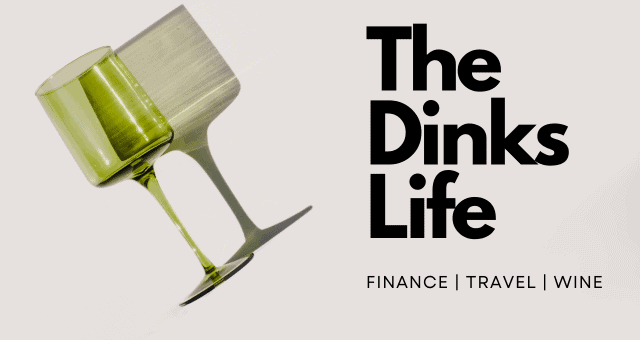The DINK Lifestyle: What It Means and How It’s Evolving
The DINK lifestyle, or Double Income No Kids, is a modern approach to life and finances where couples choose not to have children and instead focus on their careers, personal goals, and financial stability. This lifestyle choice has become more popular as societal norms and expectations around marriage and parenthood have changed.
One of the main reasons couples choose the DINK lifestyle is the freedom it provides. Without the responsibility of raising children, couples have more time, energy, and resources to pursue their own interests and passions. They can focus on advancing their careers, indulging in hobbies, traveling, and enjoying a higher standard of living. Additionally, the DINK lifestyle allows for greater flexibility in terms of work-life balance as couples can dedicate more time to their careers without the added demands of parenting.
Another advantage of the DINK lifestyle is the financial stability it offers. With two incomes and no children to support, couples have the opportunity to save more, invest wisely, and enjoy a higher disposable income. This financial security can lead to a greater sense of stability, the ability to build wealth, and the freedom to make choices that align with their personal goals.
In recent years, the DINK lifestyle has evolved to include a wider range of experiences. Not all DINK couples are solely focused on careers and financial success. Many choose to dedicate their time and resources to philanthropy, entrepreneurship, or pursuing creative endeavors. The DINK lifestyle can foster a sense of purpose and fulfillment beyond traditional notions of success.
Ultimately, the DINK lifestyle is a personal choice that allows couples to design their lives in a way that aligns with their values, aspirations, and happiness. It offers the freedom to prioritize careers, personal goals, and financial stability without the responsibilities of raising children. The DINK lifestyle is evolving to embrace diverse experiences and include a wider range of relationships.
